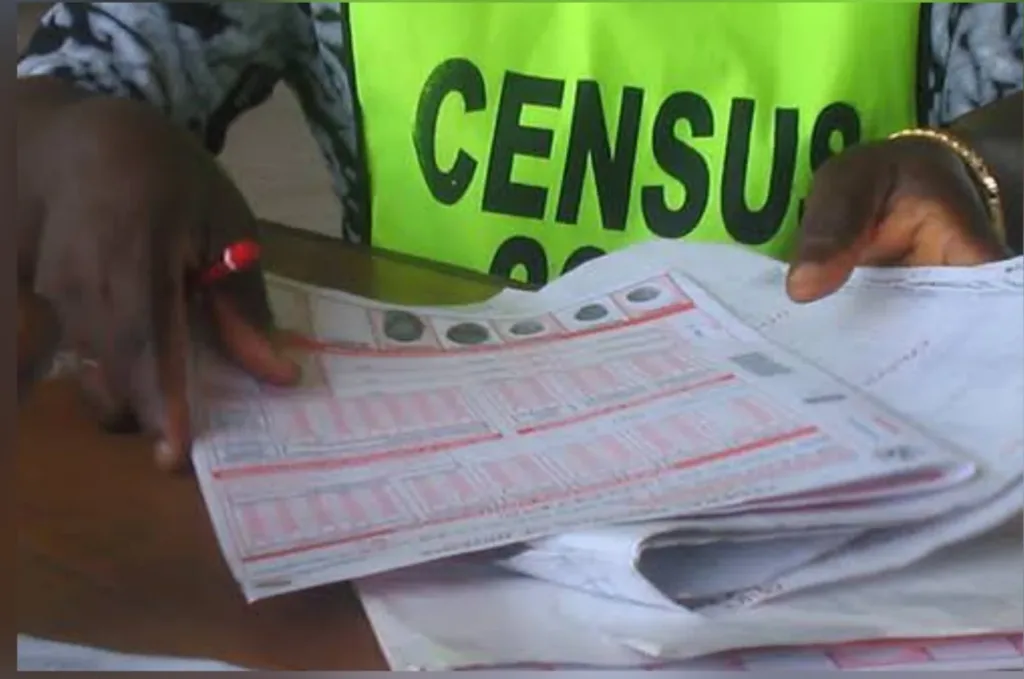Nigeria’s population and housing census is scheduled for 2025, almost 20 years after the country’s last census was conducted in 2006, according to National Population Commission Chairman, Nasir Kwarra.
He stated this at the Nairobi Summit on the International Conference on Population and Development’s 2024 anniversary, which took place in Abuja on Thursday.
“A major setback that we face is the delay in conducting a Population and Housing Census. A reliable and accurate census is fundamental for a good decision making.
“But the government, at the highest level, is committed to conducting a census, and we believe it will take place next year,” he said.
Despite the United Nations’ recommendation that nations conduct population counts every ten years, the announcement was made eighteen years after Nigeria’s last census, which was held in 2006.
The administration of former President Muhammadu Buhari delayed earlier attempts to hold the census in 2023.
The desire to give the incoming administration more control over the process was the reason for the delay.
Speaking at the event, Kwarra emphasized the delay’s substantial impact, especially in terms of impeding efficient resource allocation and well-informed decision-making.
In order to address urgent problems in underserved and rural areas, the NPC chairman also emphasized the necessity of precise data.
He pointed out that advancements in gender-based violence elimination, inclusivity, and sexual and reproductive health rights had been hampered by Nigeria’s incapacity to hold timely censuses.
The NPC boss stated, “We are gathered in the spirit of a shared commitment to progress, inclusivity, and the empowerment of individuals, particularly women and young people.
“Our focus is on advancing sexual and reproductive health, eliminating gender-based violence, and promoting equal opportunities for everyone in our nation.
“We must continue our march to address these challenges head-on. For many in our communities—particularly women, girls, and young people—sexual and reproductive health rights remain out of reach.
“This is not just a health issue; it is also an issue of social and economic justice. When individuals are denied the ability to make choices about their health and lives, it limits their potential, reduces opportunities, and impacts society as a whole.”
Toyin Saraki, the founder of the Wellbeing Foundation Africa, promised in her remarks to keep pushing for policies and advocacy to further the ICPD agenda.
Saraki urged stakeholders from the private, philanthropic, and multi-sector sectors to work together to expedite the initiative’s goals.
